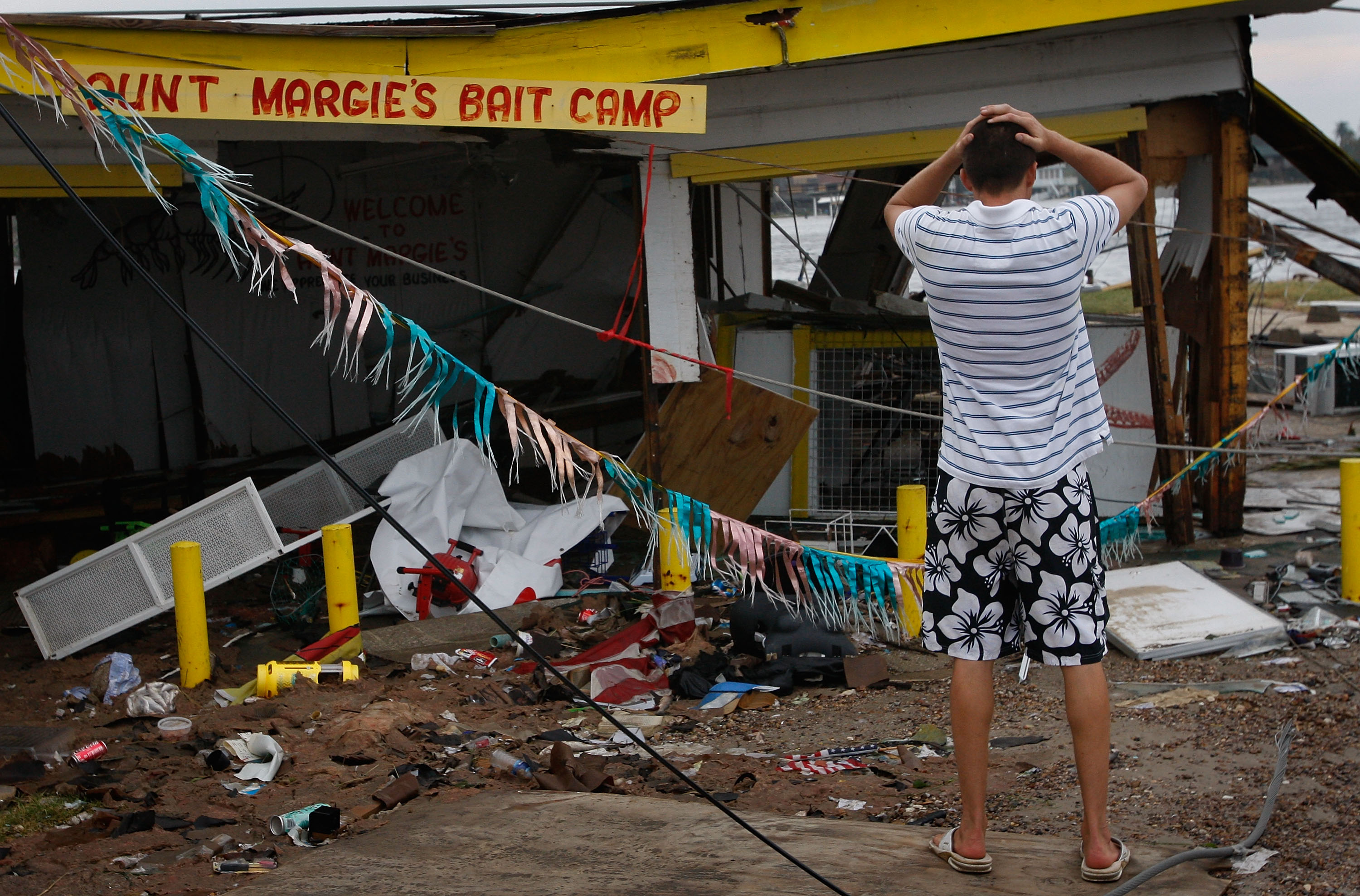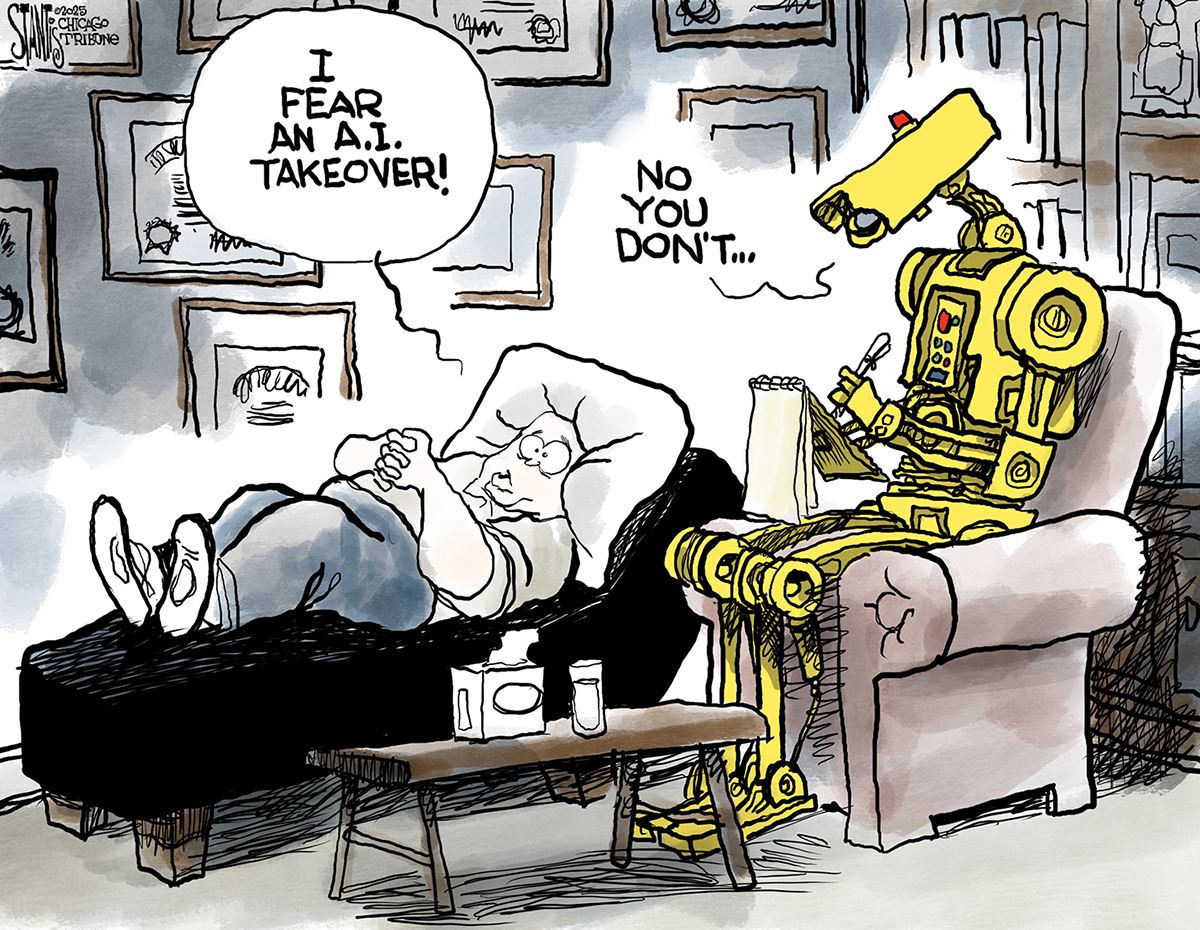How small businesses should prepare for natural disasters
Part of our series on the future of Main Street


After a long summer of employee vacations (and, let's face it, scant motivation to stay inside and work), September is an exciting time for small businesses ripe with renewed energy. But in some parts of the country, September brings a dark reminder, too: hurricane season.
To give you a sense of a worst-case scenario: Hurricane Katrina, among the worst storms in U.S. history, wreaked $21.1 billion in business-related losses, excluding flood claims, according to Property Claims Service. The odds of a small business getting back on its feet after such a storm is not good: FEMA estimates nearly 40 percent of small businesses won't reopen after enduring a natural disaster.
From Katrina to Sandy, America has had plenty of reminders in recent years that the danger of natural disasters is very real, and very big. But that knowledge doesn't make the next storm any easier to predict or control. Still, small business owners can take certain steps to increase preparedness and strengthen the odds of a speedy recovery.
Subscribe to The Week
Escape your echo chamber. Get the facts behind the news, plus analysis from multiple perspectives.

Sign up for The Week's Free Newsletters
From our morning news briefing to a weekly Good News Newsletter, get the best of The Week delivered directly to your inbox.
From our morning news briefing to a weekly Good News Newsletter, get the best of The Week delivered directly to your inbox.
One essential practice is backing up company data, including employee information, client contacts, and tax records. The large majority of small business owners already do this, but there's a catch: Only 4 of 10 actually keep the backups offsite. Store a copy of everything at least 50 miles away, The Wall Street Journal's small business guidebook suggests.
Owners who rely on dedicated physical space to run their small businesses should already have commercial property insurance locked down. But in the name of natural disaster preparedness, it's worth carefully reviewing policy options with an agent or an outside expert. Know what dangers the region is most at risk for, and how they might affect your workspace. Don't take it for granted that all scenarios are built into your premium's bottom line. Flood insurance, for instance, is often an add-on.
In addition to physical damage, there's power to worry about. A generator is one of the best investments business owners can make. It's bound to pay off — power lines can go down even during minor storms. Decide whether a portable or automatic model is right, factoring in space and budget concerns.
Another vital step in the preparation process is putting together a disaster kit loaded with enough essentials to last 72 hours — everything from food and water to phone chargers and a radio. Inventorying and replenishing kit supplies each year should be part of a larger recovery plan the whole company is familiar with. Residents in at-risk areas will, of course, have plans in place to protect themselves and their families, and looking after a business and its employees should be no different. Be sure to have a plan that accounts for not just employees, but also contractors and any visitors on site. Developing, explaining, and practicing proper evacuation and lockdown protocol is a must.
A free daily email with the biggest news stories of the day – and the best features from TheWeek.com
This probably sounds like a lot — maybe too much. But if disaster hits, you may well curse the day you failed to prepare.
Taking these steps goes a long way toward making storm recovery more manageable. Even so, the aftermath is bound to be daunting. There may be insurance claims to file and federal loans to apply for. Even if there's no physical damage, there are economic injury loans to consider. Applying for loans can be a tedious and tricky process. (At least there's free FEMA legal assistance available.)
No matter what, it's going to take time to get a small business back on its feet in the wake of a natural disaster. And it's not all about preserving property and turning a profit. At their best, small businesses are friendly, supportive members of the community. When owners are operating at full speed not long after a crisis, they're boosting collective morale by serving people in need — and leading by example.
Julie Kliegman is a freelance writer based in New York. Her work has appeared in BuzzFeed, Vox, Mental Floss, Paste, the Tampa Bay Times and PolitiFact. Her cats can do somersaults.
-
 Stereophonic: an 'extraordinary, electrifying odyssey'
Stereophonic: an 'extraordinary, electrifying odyssey'The Week Recommends David Adjmi's Broadway hit about a 1970s rock band struggling to record their second album comes to the West End
-
 Shifty: a 'kaleidoscopic' portrait of late 20th-century Britain
Shifty: a 'kaleidoscopic' portrait of late 20th-century BritainThe Week Recommends Adam Curtis' 'wickedly funny' documentary charts the country's decline using archive footage
-
 June 19 editorial cartoons
June 19 editorial cartoonsThursday’s political cartoons include a robot therapist and ICE-cold assault
